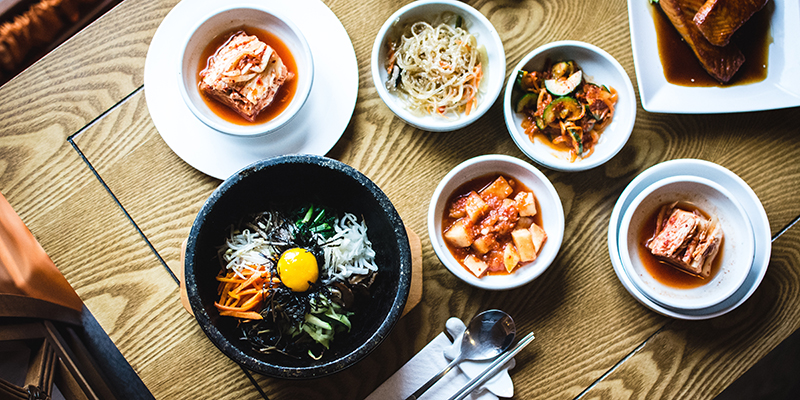Ever heard of the so-called Blue Zones? These are designated places in the world where people just seem to live longer – often well into their 90s and 100s (average life expectancy is currently 79). But where are they? Who are they? And what are they doing to maintain their health and vitality for so long?
A National Geographic journalist named Dan Buettner became transfixed with such places in the early 2000s and noted a few communities in particular that fit this criteria: Okinawa, Japan; Sardinia, Italy; Nicoya, Costa Rica; Icaria, Greece; and Loma Linda, California.
You May Also Like: The Golden Rules of Longevity: A Mediterranean Approach
He discussed his observations with historians, anthropologists, geneticists, and dietitians and slowly his team grew. In 2008, he published a book called The Blue Zones: Lessons for Living Longer From the People Who’ve Lived the Longest which published his findings. His work is still popular and relevant today, and in 2010, Dan held a TED Talk called “How to Live to be 100+’.
The Blue Zones summarized a few principles that Dan took away from what these cultures all had in common to support a long healthy life. If you guessed nutrition played a big role, you would be right! If you think you can just get to a ripe old age on nutrition alone – well, Dan has some news for you.
7 Lessons in Lifestyles for Longevity From The Blue Zones:
1) Semi-vegetarianism:
In Blue Zone cultures, the majority of foods consumed were plant-based. Each culture had particular staples in their diet; some of these included soy, fava beans, turmeric, whole grains, nuts, and wine. Aim to work in a vegetarian meal once a day, or to have one day a week that is entirely vegetarian. Use resources like the Vegetarian Times for new meal ideas!
2) Legumes:
Legumes such as beans, lentils, peas, and edamame are great plant-based proteins full of fiber, vitamins, minerals, and antioxidants that will keep you satisfied for several hours. This was the one food staple that all Blue Zone cultures had in common. Aim for a minimum of four ½-cup servings per week minimum!
3) Moderate calorie intake:
For these cultures it seemed important to not stray too far from the body’s estimated energy needs. They avoided undereating and overeating. A great way to begin to practice this is to utilize a hunger scale on a scale of 0-10; if 0 is famished, 5 is neutral, and 10 is overstuffed – where do you fall before and after meals? Ideally, eating within the realm of 3-7 will help guide us toward a moderate calorie intake. Undereating keeps us around 0-2 and typically leads to overeating, which puts us in the 8-10 range. This is typically where we see the most fluctuations in weight and in our relationship with food.
4) Moderate alcohol intake:
Some Blue Zone cultures abstain entirely from alcohol, while others enjoy it in moderation. For women, that means one drink per day (2 for men). Red wine has been studied for its high antioxidant content (resveratrol) and is part of a healthy Mediterranean diet approach, as well as a meal staple in Blue Zone culture Sardinia, Italy.
5) Regular moderate physical activity:
In Blue Zone cultures, physical activity was a part of life: through walking, chores, gardening, sitting on the floor, and other activities of daily living. Keeping a regular training program is important to optimal strength and body composition, but the physical activity you plan in around your gym days clearly has untold benefits.
6) Consistent social engagement and interaction:
People in these cultures remain fully integrated into their communities at young ages and older ages. They have social and family roles and communicate regularly with family members and neighbors. Consider not just how many people you talk to on a daily basis, but the meaningful roles you have cultivated in the lives of others.
7) They pay attention to The Big Stuff:
Stress reduction. Spirituality. Life purpose. It’s easy to put off thinking about or taking time to address these larger life questions in today’s social media-scrolling tech society. But when it comes to long-term health and longevity, devoting time to these topics are as important as having veggies and exercising every day.
Where have you consistently excelled on this list? If you find yourself always putting time and attention into a couple points on this list, then trust yourself that you have those down and focus on some of the others. Longevity seems to be a lot more multi-faceted and complex than we would like to believe it is! But life is long – I think we have time for it all.






